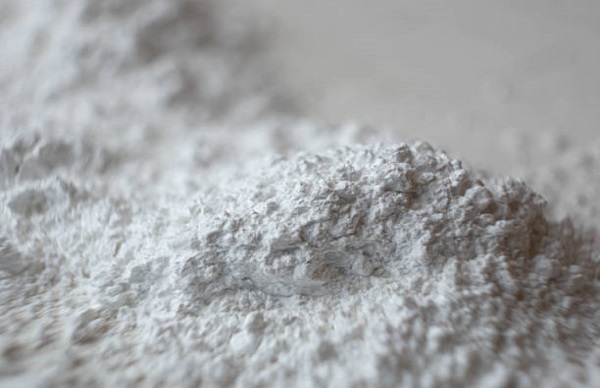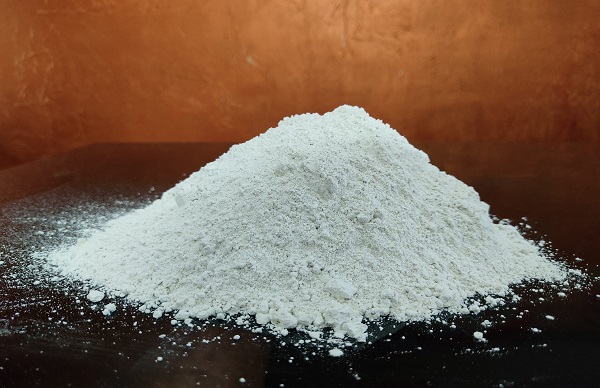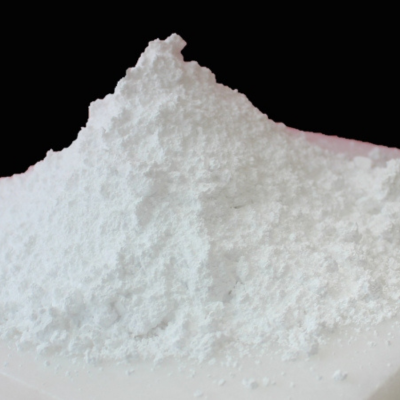
What foods contain calcium carbonate
October 1, 2024
The True Cost of Industrial Materials: Factors, Trends, and Insights
October 2, 2024Calcium Carbonate is a common compound found in rocks, shells, and even the bones of living organisms. It's widely used in various industries, from construction to pharmaceuticals, due to its versatility and abundance. One question that often arises in both academic and practical settings is: can calcium carbonate dissolve in water? The answer, while straightforward, involves a deeper understanding of chemistry, solubility, and the behavior of this compound in different environments.
Understanding Calcium Carbonate
Calcium carbonate is an ionic compound made of calcium (Ca²⁺) and carbonate (CO₃²⁻) ions. It exists naturally in several forms, including chalk, limestone, and marble, and is responsible for the hardness of many natural substances. Its wide presence in both living organisms and geological formations makes it a vital substance in ecosystems and industries alike.
Common Forms of Calcium Carbonate:
- Calcite: A crystalline form of calcium carbonate that is commonly found in sedimentary rocks.
- Aragonite: A more structured form found in marine environments.
- Chalk: Soft, porous deposits formed from ancient marine organisms.
Solubility of Calcium Carbonate in Water
To address whether calcium carbonate dissolves in water, it’s essential to understand the concept of solubility. Solubility refers to the ability of a substance to dissolve in a solvent, typically water, to form a solution. Different compounds have varying degrees of solubility based on their molecular structure and interactions with the solvent.
Calcium carbonate has very low solubility in water. In fact, at room temperature, only about 0.013 grams of calcium carbonate can dissolve in a liter of water. This low solubility is primarily due to its ionic structure and the strong bond between calcium and carbonate ions.
Practical Implications of Calcium Carbonate’s Solubility
The limited solubility of calcium carbonate in water has several practical implications in various industries and natural processes:
- Water Hardness: Calcium carbonate is one of the primary contributors to water hardness. In areas where water contains high levels of calcium and carbonate ions, calcium carbonate can precipitate out of solution, forming scale in pipes and water heaters. This is a common issue in households and industries that use hard water.
- Agriculture: Farmers often use calcium carbonate (in the form of lime) to neutralize acidic soils. When applied to the soil, it reacts with acids to form calcium bicarbonate, which can dissolve in soil moisture, improving the availability of calcium to plants.
- Construction: Calcium carbonate is a major component of cement and concrete. Its low solubility in water makes it an ideal material for construction, as it remains stable even in moist conditions.
- Environmental Impact: In marine environments, calcium carbonate is critical for the formation of shells and skeletons in marine organisms. However, with increasing levels of CO₂ in the atmosphere, ocean water becomes more acidic, leading to the dissolution of calcium carbonate structures in coral reefs and shellfish.
Factors Affecting the Solubility of Calcium Carbonate
While calcium carbonate is generally considered to have low solubility in water, certain factors can influence how much of it dissolves:
- Temperature: The solubility of calcium carbonate decreases as the temperature of the water increases. This is opposite to what is observed with many other compounds. Warm water can hold less dissolved calcium carbonate, which is why hot springs often deposit calcium carbonate as travertine.
- Pressure: High pressure can increase the solubility of gases like carbon dioxide in water, which in turn can enhance the dissolution of calcium carbonate.
- pH Levels: Acidic conditions (low pH) increase the solubility of calcium carbonate because acids react with carbonate ions, forming soluble calcium bicarbonate. This is why acidic rain can erode limestone buildings and statues.
- Presence of Other Ions: The presence of other ions in the water, such as sulfate or phosphate, can reduce the solubility of calcium carbonate by forming insoluble compounds.
Conclusion
In summary, calcium carbonate does not dissolve easily in water under normal conditions. Its low solubility is due to the strong ionic bonds between calcium and carbonate ions. However, in the presence of carbon dioxide or acidic conditions, calcium carbonate can be converted into calcium bicarbonate, which is much more soluble. This reaction plays a significant role in natural processes like the formation of caves and the regulation of water hardness. Despite its limited solubility, Sudarshan Group calcium carbonate is an essential compound in industries ranging from agriculture to construction, and understanding its behavior in water is crucial for many applications.



